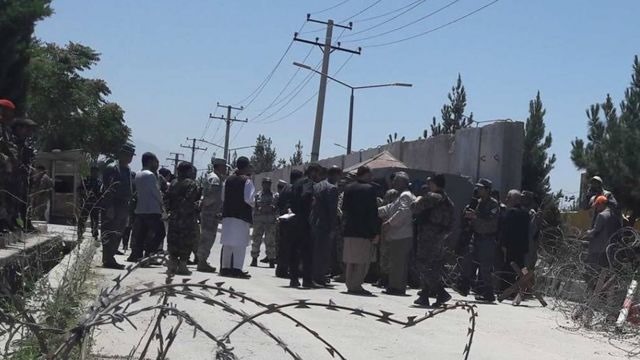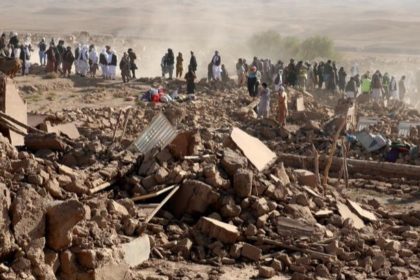RASC News Agency: Numerous residents of Kabul, particularly in areas such as Khairkhana, Taimani, Karte Parwan, and other neighborhoods, have voiced grievances over the Taliban’s closure of secondary streets and alleys. These closures, enforced under the pretext of security measures, have caused considerable disruptions to daily life. Ahmad Fahim, a Kabul taxi driver, shared with RASC News Agency that routes he once traversed in two minutes now take over thirty minutes due to the Taliban’s extensive roadblocks. Fahim noted that these barriers have exacerbated traffic congestion across the city, making commuting an ordeal.
A source within Kabul’s municipality, responsible for implementing these closures, confirmed to RASC News Agency that directives from municipal leadership mandate the blockage of all alleys and side streets to restrict vehicle access. The Taliban claim these measures are necessary to address security concerns and to prevent targeted attacks on their personnel. An official from the Taliban’s intelligence unit, speaking on condition of anonymity, revealed that resistance groups, including the National Resistance Front and the Freedom Front, have intensified their operations in recent months. These groups have reportedly targeted Taliban fighters in Kabul’s narrow streets and alleys, often seizing their equipment after such assaults.
The intelligence officer further confirmed that the Taliban’s Ministry of Interior has instructed its forces to limit night patrols in certain districts of Kabul, citing security risks. Meanwhile, a resident of the Chihilsutoon area reported that over the past two weeks, the Taliban have conducted three aggressive house-to-house searches in the neighborhood, resulting in the arbitrary detention of dozens of individuals on various charges. Despite these developments, the Taliban continue to assert, both to the media and the international community, that they have achieved nationwide security. However, last week’s attack by Resistance Front forces on the convoy of the Taliban’s Minister of Energy and Water in Kabul’s 17th security district starkly undermines these claims. The attack left one bodyguard dead and two others injured, further highlighting the volatile security landscape.
These incidents underscore the growing insecurity in Kabul, where the Taliban’s efforts to consolidate control are met with increasing resistance. The imposition of widespread security barriers reflects not only the Taliban’s fear of opposition forces but also their inability to maintain effective governance, leaving the city’s residents trapped between resistance violence and oppressive measures.






